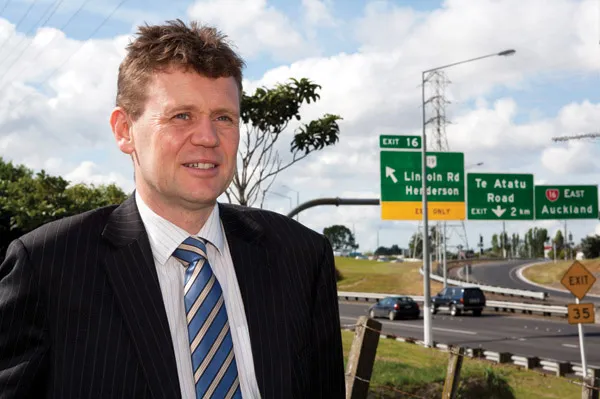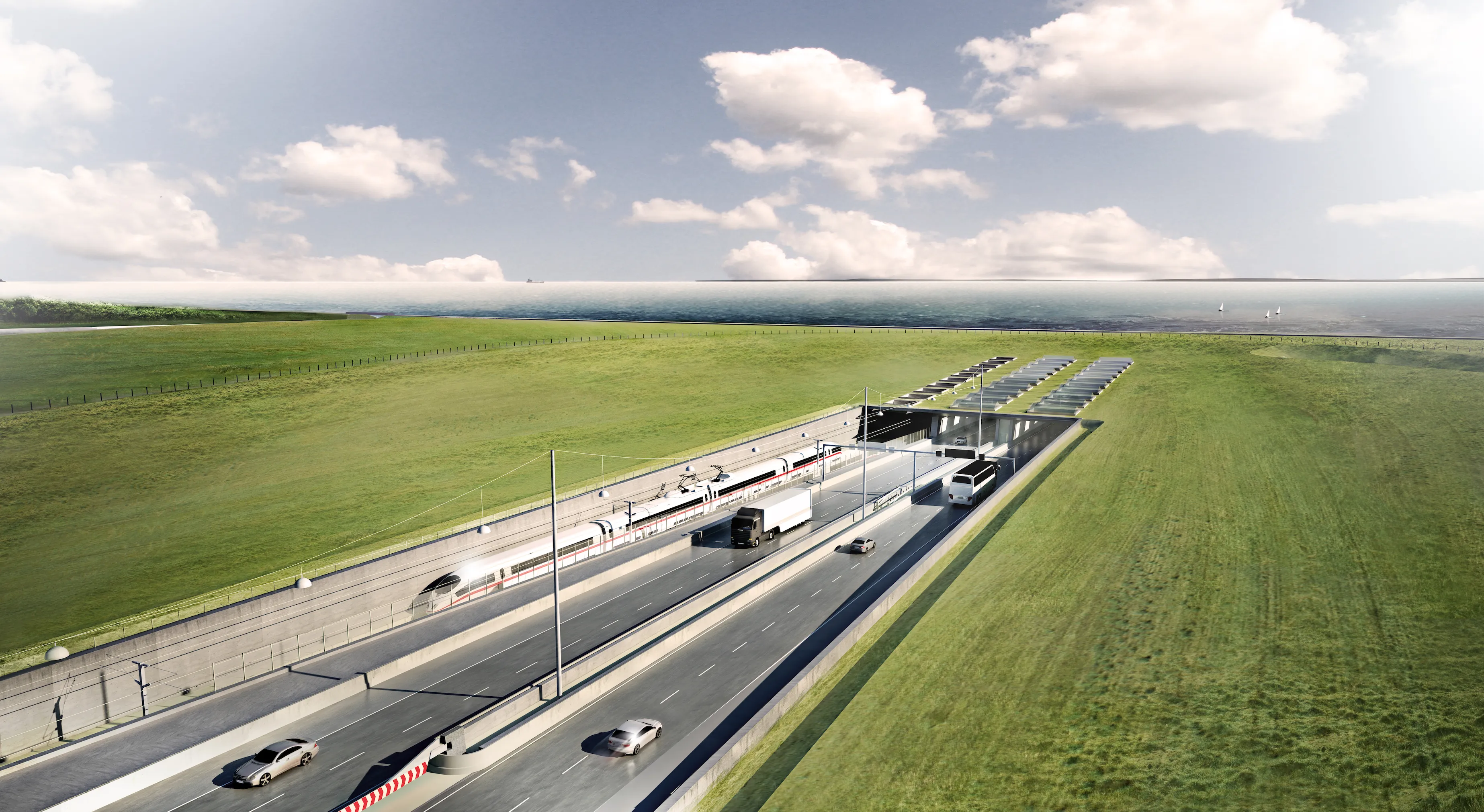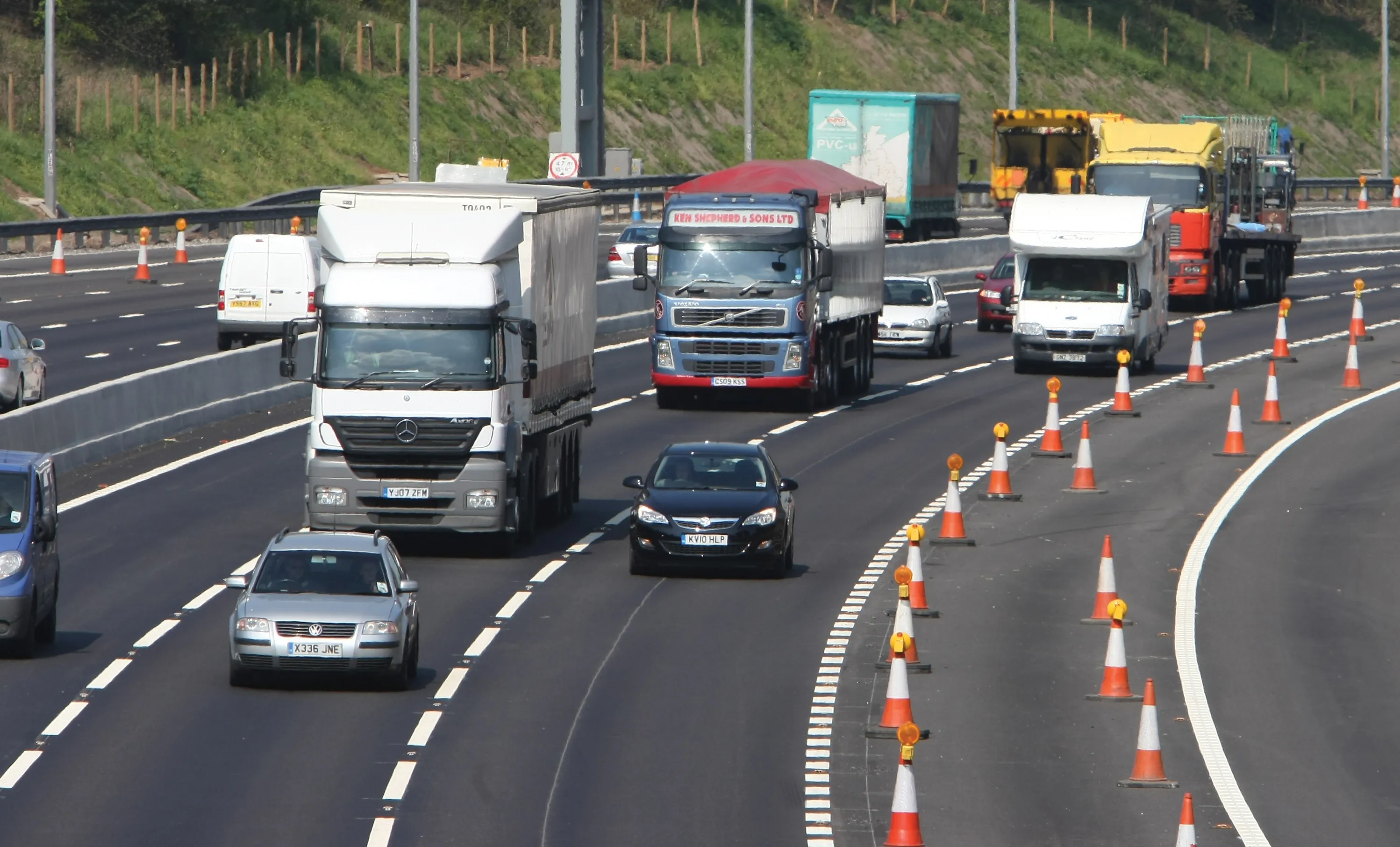All nine U.S. Supreme Court justices have backed the American Road & Transportation Builders Association (ARTBA) and refused to widen the scope of the federal Clean Water Act (CWA). ARTBA, the only transport construction association involved in the case, joined with eight other industry associations in filing a claim, urging the Court to overturn a lower court holding that the entire span of three rivers in Montana was “navigable” because certain remote sections are used for recreational pursuits. For trans
April 23, 2012
Read time: 2 mins
All nine U.S. Supreme Court justices have backed the American Road & Transportation Builders Association (ARTBA) and refused to widen the scope of the federal Clean Water Act (CWA).
ARTBA, the only transport construction association involved in the case, joined with eight other industry associations in filing a claim, urging the Court to overturn a lower court holding that the entire span of three rivers in Montana was “navigable” because certain remote sections are used for recreational pursuits.
For transport development purposes, once something is considered “navigable” it is under federal control, and subject to the permitting authority of the U.S.1293 Environmental Protection Agency (EPA) and the Army Corps of Engineers (Corps). An expanded definition of “navigability” could have resulted in a scenario where the EPA and Corps would have the option of exerting jurisdiction over roadside ditches, potentially adding years to expansive review and approval processes for transport infrastructure projects.
However, Supreme Court justices unanimously refused to expand the definition of what is deemed “navigable” under federal law. The ruling, according to ARTBA, removes a road block that could have needlessly delayed transport improvements.
ARTBA has a second case before the Supreme Court relating to the CWA, with a ruling expected later this year.
ARTBA, the only transport construction association involved in the case, joined with eight other industry associations in filing a claim, urging the Court to overturn a lower court holding that the entire span of three rivers in Montana was “navigable” because certain remote sections are used for recreational pursuits.
For transport development purposes, once something is considered “navigable” it is under federal control, and subject to the permitting authority of the U.S.
However, Supreme Court justices unanimously refused to expand the definition of what is deemed “navigable” under federal law. The ruling, according to ARTBA, removes a road block that could have needlessly delayed transport improvements.
ARTBA has a second case before the Supreme Court relating to the CWA, with a ruling expected later this year.








